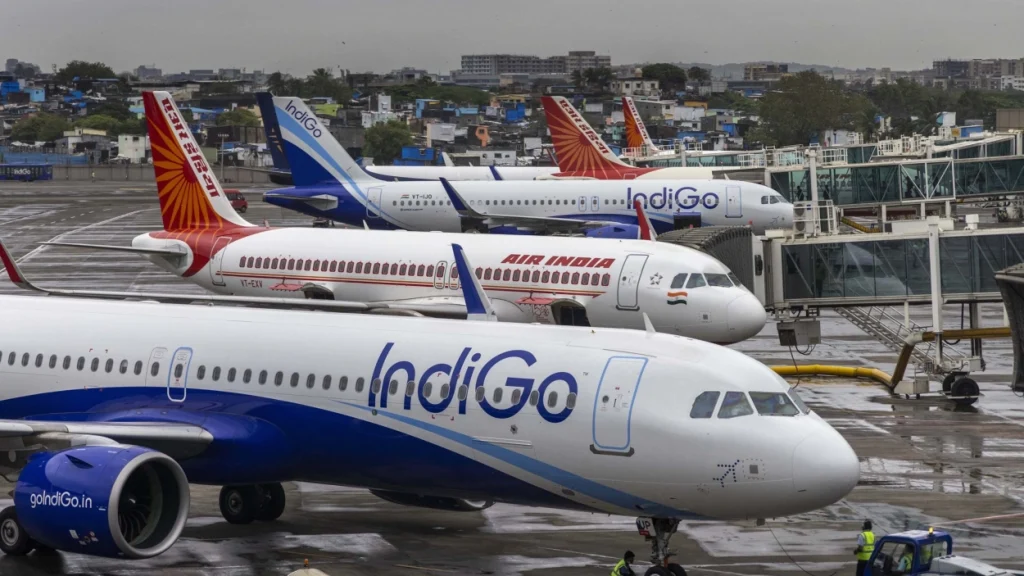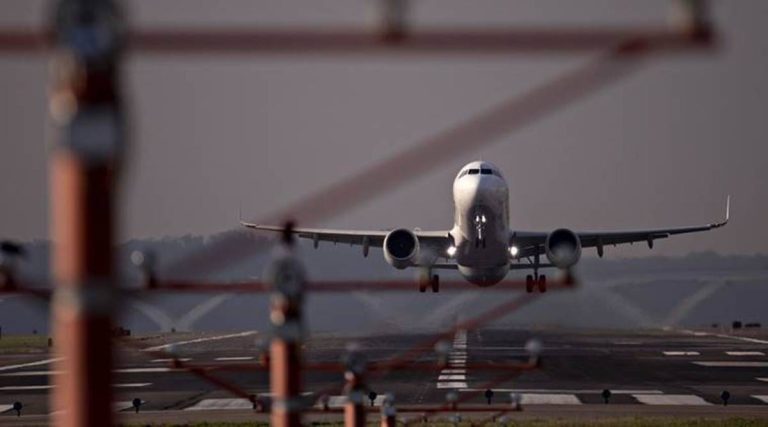The Ministry of Civil Aviation announced on Wednesday that the upper and lower caps would be eliminated on domestic airfares starting on August 31. This marks the removal of the final Covid-related operating restriction on domestic air travel.

When domestic flights resumed in May 2020 after a two-month break, the limitations were put in place to stop ticket wars between airlines and to shield customers from paying exorbitant costs on trunk routes because of the pent-up demand.
According to a ministry order, “it has been decided to abolish the tariff bands notified from time to time on the airfares with effect from 31.08.2022, after reviewing the existing status of planned domestic operations vis-à-vis passenger demand for air travel.”
After carefully examining daily demand and air turbine fuel prices, it was decided to remove the airfare caps. Civil Aviation Minister Jyotiraditya Scindia tweeted, “Stabilization has taken hold, and we are certain that the sector is primed for growth in domestic traffic in the foreseeable future.
After skyrocketing to record highs, jet fuel costs have been steadily declining over the past few weeks, largely as a result of the Russia-Ukraine war that started on February 24. On August 1, Delhi’s price for aviation turbine fuel was Rs. 1.21 lakh per kilolitre, or almost 14% less than the previous month.
Based on the length of flights, the government established seven bands for domestic economy class travel in May 2020, ranging from trips of up to 40 minutes to flights of 180–210 minutes. For domestic flights lasting under 40 minutes, for instance, the cost cannot be less than Rs 2,900 (excluding GST) or greater than Rs 8,800 (excluding GST). The higher limitation served to shield customers from exorbitant prices, while the lower limit served to shield financially shakier carriers.
Later, the government restricted the rate limitations to a rolling 15-day period, with the restriction only applying to tickets booked for travel within that time frame.
While applauding the decision, airline executives stated that it is not anticipated to have an immediate impact as existing prices on the majority of itineraries are not particularly high or low.
“The rates will now be set by the market, and customers will be given competitive offers, making it more natural for them. According to Bharatt Malik, Senior VP, Flights, Yatra.com, “We expect that this announcement would assist the industry gain momentum in terms of growth and scalability.”
Sectoral experts concur that the action will enable airlines to reduce ticket prices on a few routes, improving their load factors. In order to illustrate the true nature of pricing dynamics in the market, the announcement will allow airline operators to price airfares solely based on the demand-supply of the routes. On sectors or routes with relative lower flight loads than others, airlines will be able to provide the benefit of lower pricing to customers.
Indiver Rastogi, President & Group Head, Global Business Travel, Thomas Cook (India) & SOTC, stated that some aircraft routes, such as those to major cities like Mumbai, Delhi, Bengaluru, etc., are likely to see an increase in price.

